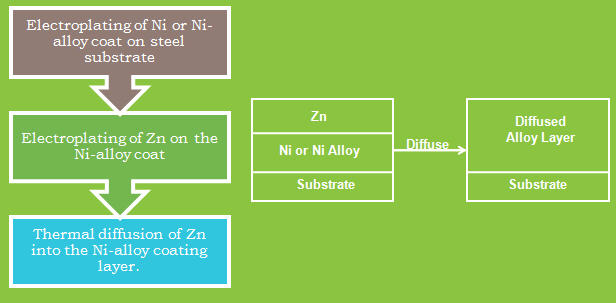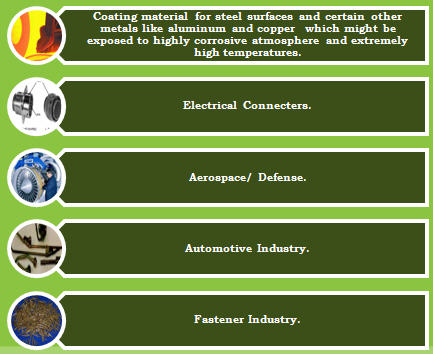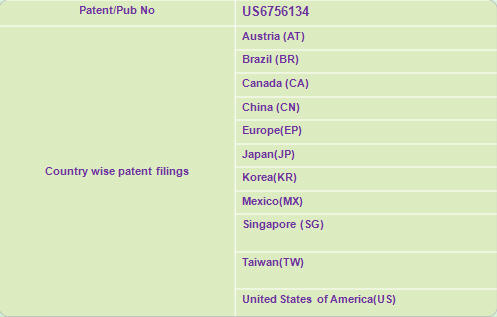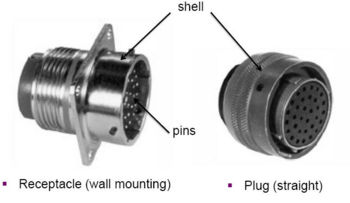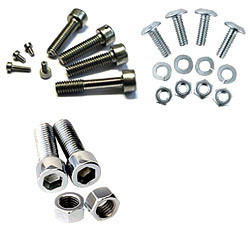Environment Friendly Technology to Replace Cadmium Coatings
Contents
Agenda
- Introduce and explain the benefits of the green technology developed by Pratt & Whitney.
- To find out interest of the prospects in acquiring the technology on a licensed basis from Pratt & Whitney.
About Dolcera
- Dolcera is an international services firm specializing in intellectual property and market research services. Our clientele includes several fortune 500 companies and global 100 companies. For more information please visit: www.dolcera.com
- We at Dolcera are partnering with Pratt & whitney to out-license their green technology to replace Ni-Cd coatings used for finishing purposes.
About Pratt & Whitney
- Pratt & Whitney is one of the largest aircraft engine manufacturers in the world with a sales revenue of more than $12 Bn and spends more than $250 Mn in Research & Development.
- Cutting edge R&D with over a 1000 patents.
- Has always been at the forefront of technologies for turbine, rocket, reciprocating engines, power systems, etc.
Issue at Hand
- It is very difficult to ensure complete protection of steel from corrosive environment at temperatures as high as 900°F.
- Traditionally used Ni-Cd Coatings involve use of Hexavalent chromium, cadmium and cyanides which are very toxic. Thus, making it difficult to ensure Safety of the work environment.
Cadmium qualms
- Cadmium is a toxin for both animals and plants.
- Cadmium is known to sublimate in a hard vacuum environment .The sublimation products, which are conductive, can redeposit resulting in short circuits. The sublimation products may also interfere with sensitive optics.
- Cyanide solutions used in Cadmium plating are highly Toxic.
- RoHS disallows use of cadmium in electrical equipment.
- Cadmium is subject to the spontaneous growth of Cadmium whiskers. Cadmium whiskers (like tin whiskers) grow spontaneously and are capable of causing electrical failures ranging from parametric deviations to sustained plasma arcing that can result in catastrophic short circuits.Source
Environment Friendly solution
- Environmentally friendly alternative to Ni-Cd coatings.
- Eliminates Materials of Concern from the product such as Cadmium, hexavalent chromium and Cyanides from the plating process.
- Offers equivalent or superior protection to the baseline NiCd coatings.
The Unique Process
Area of Application
Legal Status
Electrical Transmission Industry
The elimination of cadmium on electrical connectors presents a unique problem not applicable to other components. Items such as fasteners, washers, etc. use cadmium primarily for its corrosion resistance and lubricity. Although these properties are equally important on electrical connectors, the connector shell materials must also provide electromagnetic and radio frequency interference (EMI/RFI) protection. This protection is gained by maintaining an electrically conductive pathway across the connector interface. Suitable alternatives for cadmium must have similar corrosion resistance, lubricity and electrical conductivity.
Fasteners
Cadmium plating is banned as far as fasteners are concerned,you need to take special permission and abide to local norms of effluent treatment for cadmium plating to be practiced.Zinc Alloy plating is of great help-Zinc/Nickel deposits from these baths, with the appropriate chromate conversion coating can withstand well over a thousand hours of Neutral Salt Fog testing.
Automotive Parts
There is an impending EU restriction on lead, cadmuim, hexavalent chrome, and mercury in vehicles.This EU restriction affects vehicles globally since car manufacturers will have to change all components if some fall under this guideline. All major auto manufacturers are now coming up with guidelines and specifications for this transition.
